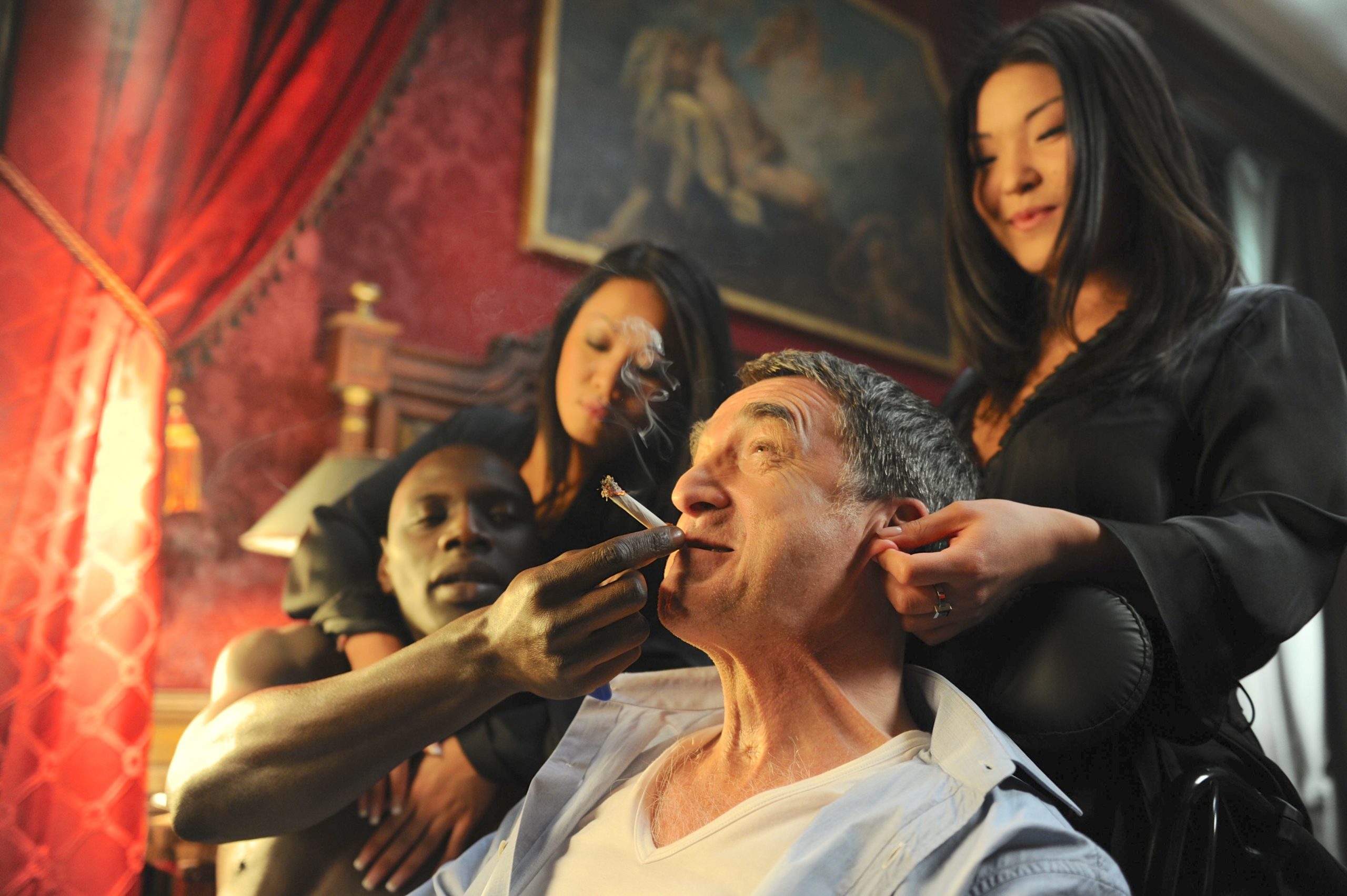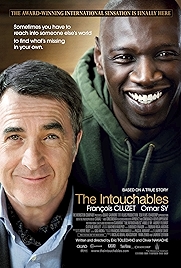A movie for every day of the year – a good one
20 April
Enoch Powell’s Rivers of Blood speech, 1968
On this day in 1968, the senior Conservative British politician Enoch Powell made a speech in which he alluded to Virgil’s Aenid – “As I look forward, I am filled with foreboding; like the Roman, I seem to see ‘the River Tiber foaming with much blood’.” A Greek scholar who also spoke Urdu – Powell as an ambitious young man had set his sights on becoming the viceroy of India, only to find in later life that the Indians were coming to him – Powell was referring to the prospects for race relations in the country, at a time when the government was proposing to strengthen legislation against racial discrimination.
His carefully crafted speech also put disaster scenarios in the mouths of people he had talked to – eg the constituent who was worried that the black man would have the “whip hand over the white man” in 15 or 20 years if things carried on the way they were going. Members of the press, who were largely in favour of the new legislation, he compared to the appeasers of Hitler. In his speech Powell also cast his gaze over the Atlantic, where race riots had broken out two weeks earlier on the assassination of Martin Luther King Jr, and predicted the same would happen in the UK.
His party thought Powell was not so much predicting as inciting trouble and sacked him from his job as Shadow Defence Secretary. Powell was popular among some elements of society – notably unskilled working class men who saw themselves as most directly threatened financially by the arrival of cheaper immigrant labour – but his vision of a nation defined by its racial origin was on the whole not. On the left, his speech marks the end of the notion that the working class were essentially politically progressive. To this day in the UK, the phrase “Enoch was right” still has resonance.
Untouchable (2011, dir: Olivier Nakache, Eric Toledano)
Untouchable opens with a scene that establishes the entire film. A car is speeding through Paris and is pulled over by the police. Inside are a black man, driving, and a white passenger, totally paralysed. There is a bit of to and fro between police and occupants – the gun-toting police want to know what the rush is, the driver doesn’t quite know what to say, until his tells them his passenger is having a stroke and that he is on a mission of mercy rushing him to the hospital. The police change their tune, and end up escorting the car, sirens wailing, while Earth, Wind and Fire’s September comes up high in the mix and the two men inside the car are seen to be laughing fit to bust.
This is the story of the proletarian (strong, smart, rising) and the master (weak, crippled, on the wain), a story as old as time, the story that succours the poor (we may not have much but we do have our vigour) and also informs the rich (who marry to “improve the bloodline”). Thankfully, none of these themes are ever made explicit. Instead we get the entirely charming odd-couple bromance of Philippe, a quadriplegic member of the cravat-wearing plutocracy and Driss, his carer, a gazelle-like black man who, in an early montage, is shown to be the least suitable, superficially, of all the candidates assembled for the job of being the latest of Philippe aides de campe. So far, so Hollywood.
In fact nothing in this film is really surprising – Driss has street smarts, has an eye for the ladies, likes fast cars, is inappropriately raucous, smokes weed, loves 1970s disco boogie. Philippe has hired him, against the wishes of his appalled staff, because he suspects that Driss won’t behave around him in the way most of his staff do – the sympathy, the Mother Theresa faces, the hushed reverence for his cash and his condition. Philippe is right and the film is essentially The King and I, or any number of other “getting to know you” films.
If nothing is surprising, that’s not to say that it isn’t delightful. Thanks to a pair of brilliant performances at its heart – Omar Sy as the force-of-nature Driss, and François Cluzet as Philippe, a concerto of facial features that would be Oscar-winning if this were a Hollywood film. But is it racist, as a lot of commentators seem to suggest? Nah. It’s one man from the bottom of the pile and another from the top. The fact that the man from the bottom is black is incidental and is society’s problem not the problem of this film, which is really about different competencies, gifts, attributes, attitudes and, yes, bank balances. The great Ernst Lubitsch would recognise it, its light, life-affirming touch, its tug at the heartstrings, the sour faces of Philippe’s dismayed staff as Driss gives the paralysed man a life injection. The French box office loved it. The French critics a bit less so. Their loss.
Why Watch?
- Because a hesitant Hollywood might never remake it
- Two great performances by François Cluzet and Omar Sy
- Support performances of great French character actors
- It’s fun and funny
Untouchable aka The Untouchables – at Amazon
I am an Amazon affiliate
© Steve Morrissey 2014

